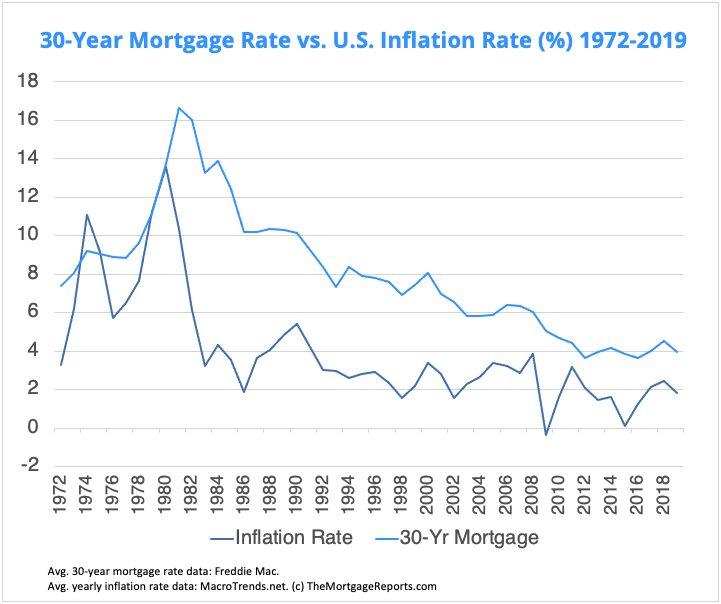
Understanding Inflationary Pressures in Britain
In the economic landscape of Britain, the presence of inflationary pressures raises significant challenges and considerations. This article delves into the nuanced factors contributing to inflation in Britain and explores strategies for stability amid these economic dynamics.
Economic Indicators and the British Inflation Scenario
To comprehend the inflationary pressures in Britain, a thorough analysis of economic indicators is essential. Rising consumer prices, shifts in consumer spending, and variations in production costs collectively contribute to the inflationary landscape. Examining these indicators provides insights into the driving forces behind inflation in the country.
Global Economic Factors and their Influence
Britain, as an integral part of the global economy, is not immune to international economic forces. Global factors such as trade dynamics, commodity price fluctuations, and geopolitical events can significantly impact Britain’s inflationary pressures. Understanding the interconnectedness of the global economy is crucial for devising effective strategies to mitigate inflation.
Monetary Policy and the Role of the Bank of England
The Bank of England plays a pivotal role in responding to inflationary pressures through its monetary policy decisions. Adjusting interest rates and employing various monetary tools are strategies used to manage inflation. Evaluating the effectiveness of these measures provides insights into the broader strategies aimed at stabilizing the British economy.
Impact on Consumer Behavior and Spending Patterns
Inflation exerts a direct influence on consumer behavior and spending patterns. As prices rise, consumers may adjust their spending habits, leading to shifts in demand and overall economic dynamics. Understanding the repercussions on consumer behavior is crucial for businesses and policymakers seeking stability amid inflationary pressures.
Sector-Specific Challenges and Opportunities
Inflation affects different sectors in diverse ways, creating winners and losers in the economic landscape. While some industries may experience increased revenues due to higher prices, others may face challenges related to rising production costs. Conducting a sectoral analysis aids businesses in tailoring strategies to navigate specific economic conditions and identify potential growth opportunities.
Employment Trends and Wage Adjustments
Inflationary pressures can influence employment trends and wage dynamics in Britain. Workers may demand higher wages to cope with the rising cost of living, impacting the labor market. Analyzing employment and wage trends provides insights into the labor market’s response to inflation and its implications for both businesses and workers.
Strategies for Businesses Amid Inflationary Challenges
Businesses in Britain need adaptive strategies to thrive in the face of inflationary challenges. These may include prudent cost management, strategic pricing adjustments, and optimization of supply chains. Implementing agile business models that can respond effectively to changing economic conditions is crucial for maintaining competitiveness and financial stability.
Government Fiscal Policies and Stimulus Measures
Government fiscal policies, including stimulus measures, are crucial elements in addressing inflationary pressures. By implementing targeted fiscal interventions, the government can influence economic activities and manage inflation. Assessing the impact of fiscal policies provides a comprehensive understanding of collaborative efforts to stabilize the British economy.
Consumer Education for Financial Resilience
In times of inflation, consumer education becomes paramount for fostering financial resilience. Providing information on managing finances, making informed purchasing decisions, and planning for the future empowers individuals to navigate economic challenges. Public and private initiatives focusing on financial literacy contribute to a more economically resilient society.
Long-Term Economic Planning and Structural Reforms
Addressing inflationary pressures in Britain necessitates a holistic approach that includes long-term economic planning and structural reforms. Policymakers and businesses must focus on initiatives that address the root causes of inflation and promote sustainable economic growth. Strategic planning ensures resilience against future inflationary challenges.
Conclusion: A Holistic Approach to Stability
In conclusion, navigating inflationary pressures in Britain requires a comprehensive understanding of economic indicators, global influences, and effective policy responses. Collaborative efforts between businesses, consumers, and policymakers are crucial for implementing strategies that promote stability and resilience in the face of inflationary challenges.
To delve deeper into the dynamics of inflationary pressures in Britain and explore strategies for stability, visit Inflationary Pressures Britain for insightful analyses and updates on economic trends.









